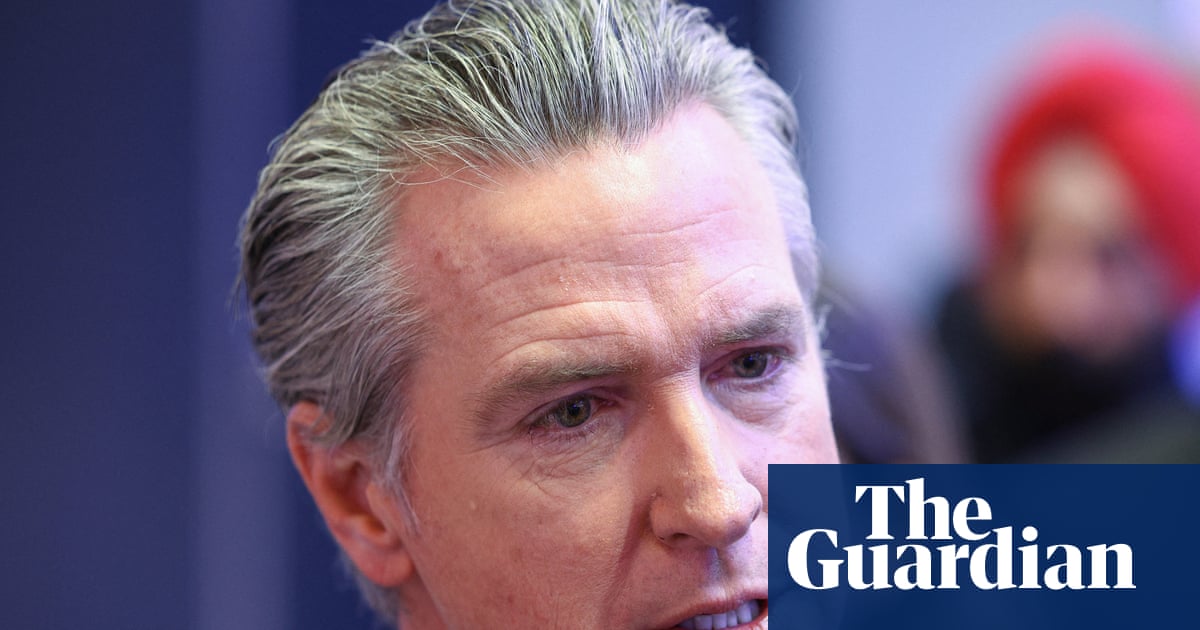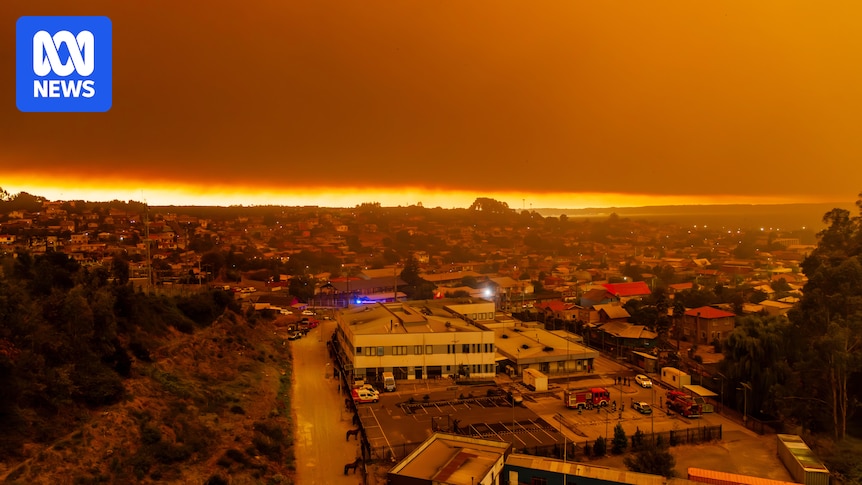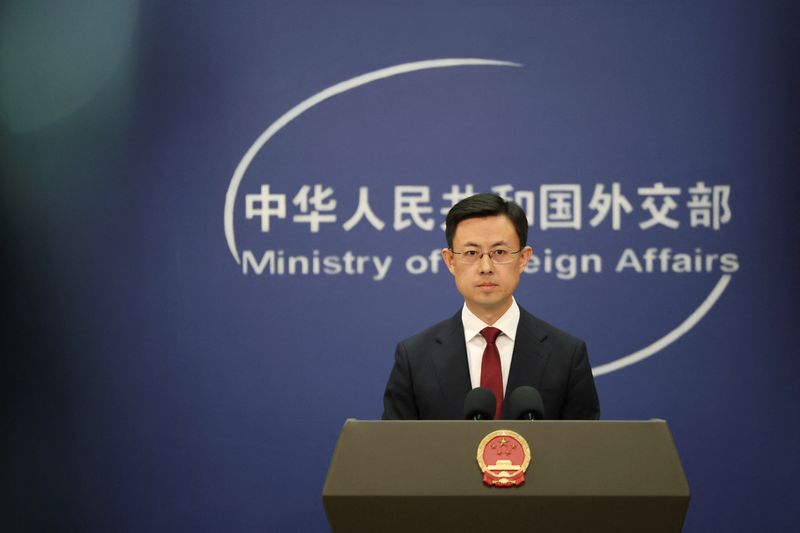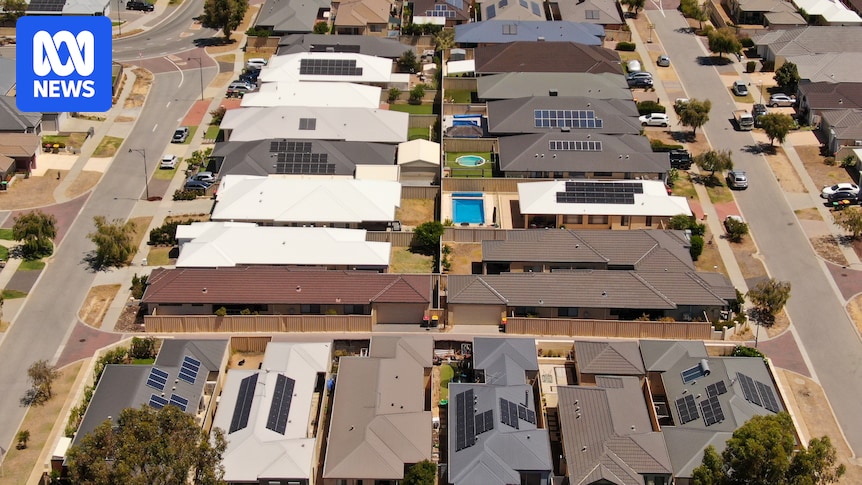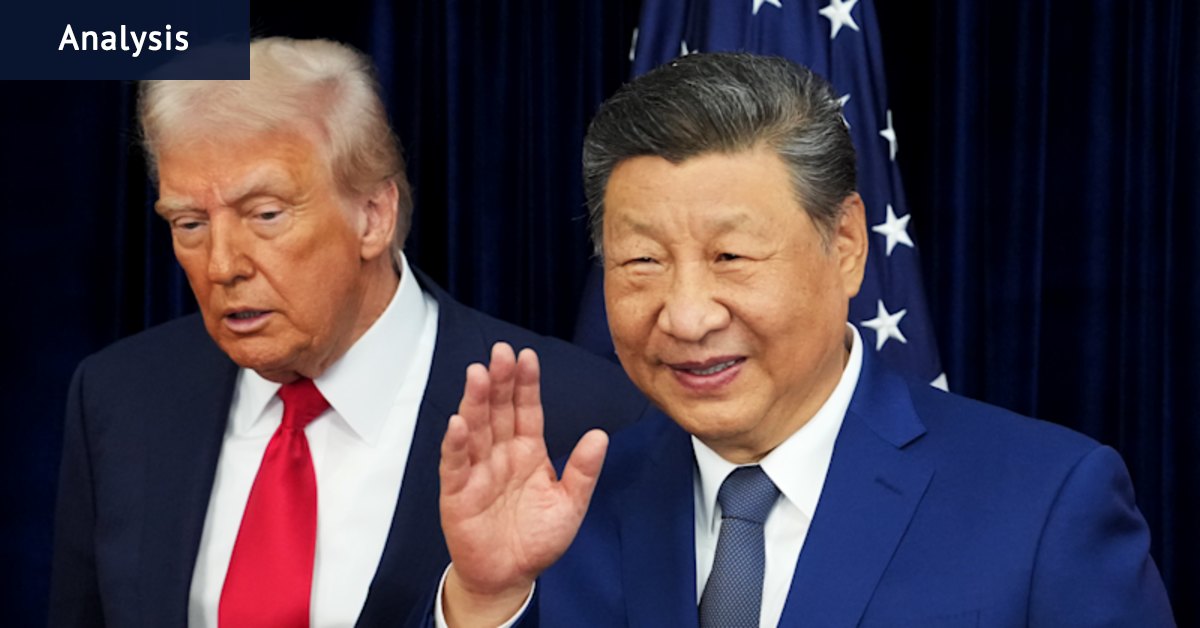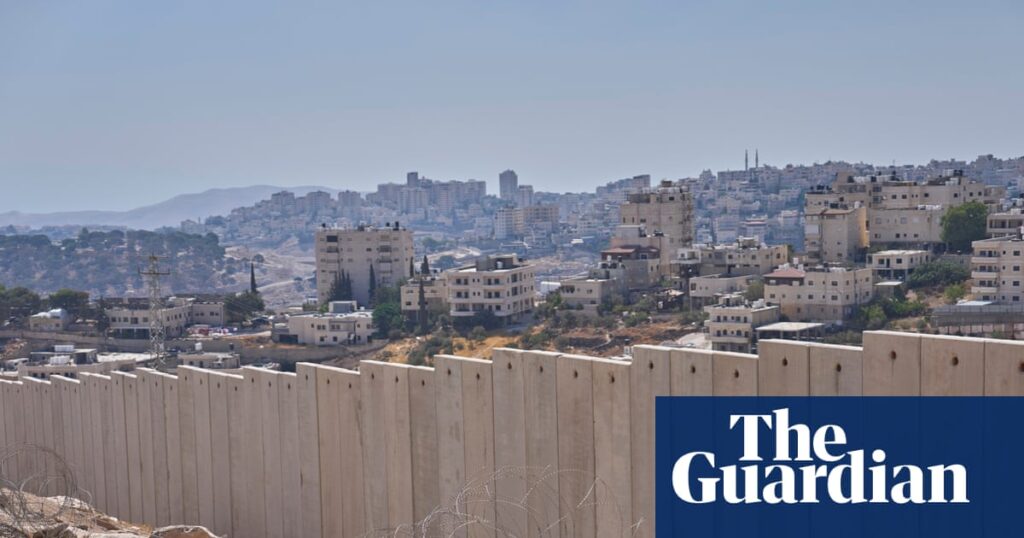
David Lammy, the UK’s Foreign Secretary, has joined 20 other foreign ministers in a unified condemnation of Israel’s controversial plan to construct an illegal settlement on the West Bank. This collective disapproval was underscored by the UK’s decision to summon the Israeli ambassador, Tzipi Hotovely, to express the government’s strong objection.
The joint statement, signed on Thursday, criticizes the E1 plan—a proposed 3,400-home settlement that critics argue would effectively bisect the West Bank. The Foreign Office’s summoning of Hotovely marks a rare public rebuke and reflects growing international criticism of Israel’s policies in Gaza and the West Bank.
International Response to E1 Settlement Plan
The statement, endorsed by 21 nations including the UK, Australia, Canada, and France, declared:
“The decision by the Israeli higher planning committee to approve plans for settlement construction in the E1 area, east of Jerusalem, is unacceptable and a violation of international law. We condemn this decision and call for its immediate reversal in the strongest terms.”
In a separate announcement, the Foreign Office confirmed its summoning of Hotovely, emphasizing that the settlement plans would constitute a blatant breach of international law and jeopardize the feasibility of a two-state solution. The meeting details remain undisclosed, and the Israeli embassy has not provided a comment.
Implications of the Settlement
Israel’s decision, announced on Wednesday, to advance the E1 settlement has been framed by Bezalel Smotrich, Israel’s far-right finance minister, as a strategic move to thwart the establishment of a Palestinian state. Smotrich described the approval as a
“significant step that practically erases the two-state delusion and consolidates the Jewish people’s hold on the heart of the land of Israel.”
The proposed expansion would extend the Jewish settlement of Ma’ale Adumim towards Jerusalem, further isolating occupied East Jerusalem from the West Bank and fragmenting the territory. The international ministers’ statement highlighted the risks, noting:
“Minister Smotrich says this plan will make a two-state solution impossible by dividing any Palestinian state and restricting Palestinian access to Jerusalem. This brings no benefits to the Israeli people. Instead, it risks undermining security and fuels further violence and instability, taking us further away from peace.”
Broader International Concerns
British officials have indicated that Israel’s renewed settlement activity in the West Bank has influenced their decision to potentially recognize Palestine as an independent state. Labour leader Keir Starmer announced last month his intention to formalize recognition before the upcoming UN General Assembly, contingent on Israel’s commitment to a ceasefire and a two-state solution.
Meanwhile, global outrage continues over Israel’s plans to assert control over Gaza City. The UN Assistant Secretary-General, Miroslav Jenča, has warned that such actions could lead to
“forced displacement, killings and destruction.”
The Israel Defense Forces have been instructed by Prime Minister Benjamin Netanyahu to expedite plans for an assault on Gaza City, prompting mass evacuations by Palestinians.
Media Access and the Humanitarian Crisis
On Thursday, the UK joined 27 other countries in a separate statement urging Israel to grant international journalists access to Gaza. The Media Freedom Coalition (MFC), an advocacy group co-founded by the UK, emphasized the necessity of media presence to document the
“unfolding humanitarian catastrophe” in the war zone.
The unfolding events in the West Bank and Gaza underscore the complex geopolitical dynamics at play, with significant implications for regional stability and the prospects for peace. As diplomatic efforts continue, the international community watches closely, awaiting Israel’s response to the mounting pressure for policy reversal.
